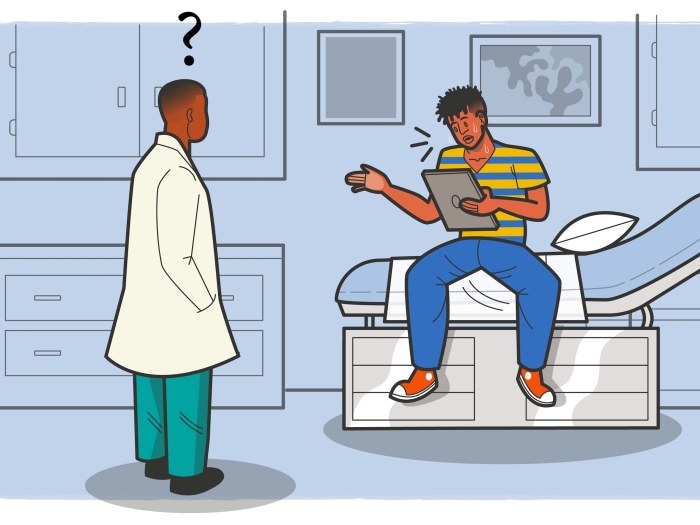Trying to drink from a fire hose. Thrown in the deep end. Pick your metaphor to describe the overwhelmed feeling that you have at the beginning of third year. You do wonder if it will all come together. But the year progresses and something happens. Vague clinical instincts become sharpened by knowledge. A sense of responsibility to the patient becomes emboldened by the skills to offer alternatives.
I am now on Internal Medicine, a cerebral rotation that challenges you to bring together all kinds of information to think of multiple alternatives for what your patient may have and then propose evidence based treatment, sometimes with conflicting data and challenging social contexts all while being ready to adjust your entire thought process by an unexpected clinical development or new clinical guidelines. Yes, that was a long sentence, almost as long as internal medicine rounds . . . but to be fair, these have been teaching rounds in the true sense. I have appreciated being held to account for my proposed diagnosis and plan. It is here that I have been able to detect the curve in the long arc from my first rotation. At the beginning, I could sense something more was needed with some aspect of the care of my patient but did not necessarily know where to go from there. Now as we reach toward the end of third year, this has been steadily changing through the year.
One of my recent patients was tired of constantly being hospitalized for the same set of symptoms every month. The acute treatment always worked but back he came after discharge. I did some research and discovered a medication that was associated with better outcomes than the one he was on, including reduced hospitalizations. I shared this literature with my attending doctor and proposed a switch. By the next day, the patient was discharged on the new medication. Gaining knowledge, feeling more confident as you go through third year is all well and good but when this process results in improved care for your patient, that what really matters. It becomes about more than just you.

Department of Communication at Michigan Medicine
Want top health & research news weekly? Sign up for Health Lab’s newsletters today!





